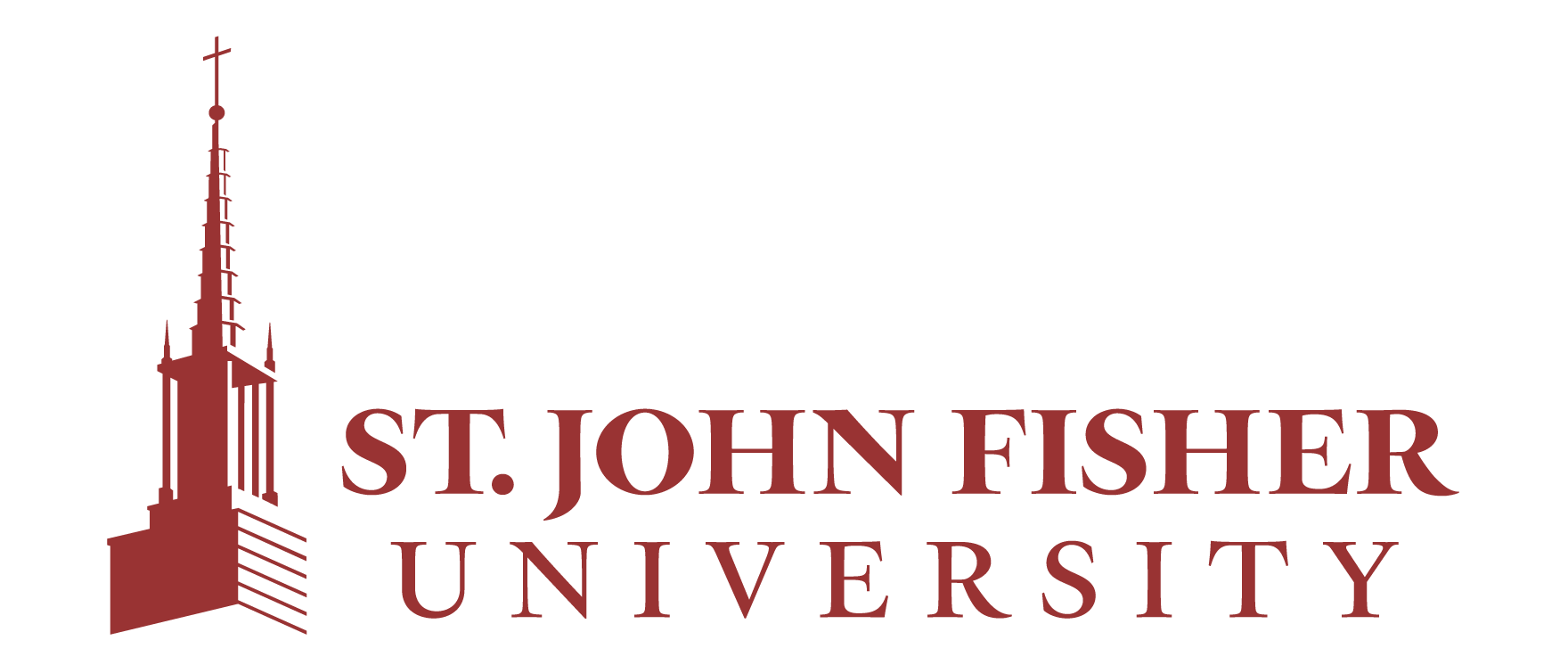Sponsored Online FNP Programs
Simmons University
Master of Science in Nursing (MSN) — Family Nurse Practitioner (FNP)
Designed for currently licensed RNs, Nursing@Simmons enables aspiring Family Nurse Practitioners to earn an MSN online from Simmons University.
- Scholarships are available
- Part-time, full-time and extended plans of study
- Accredited by the Commission on Collegiate Nursing Education
Georgetown University
MS in Nursing – online Family Nurse Practitioner (FNP) program
Become a Family Nurse Practitioner in 27 months by earning your Master of Science degree in Nursing from Georgetown University. Develop the skills needed to manage primary care for patients in your community.
- CCNE Accredited
- Complete the 44 credit program in as few as 27 months
- Clinical Placement Support
St. John Fisher University
Online Primary Care Family Nurse Practitioner Program
The Primary Care Family Nurse Practitioner (PCFNP) program from the Wegmans School of Nursing at St. John Fisher University can be completed in as few as 24 months. Bachelor’s in nursing, RN license, and clinical experience required.
- CCNE-accredited
- Complete in as few as 24 months
- Part-time and accelerated tracks available
- Four program options




